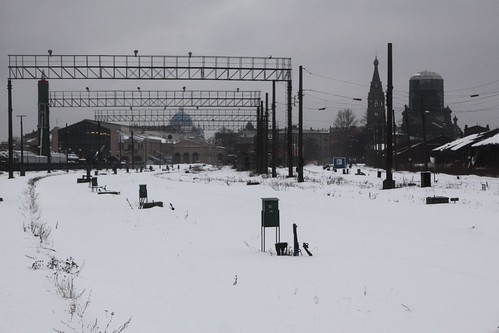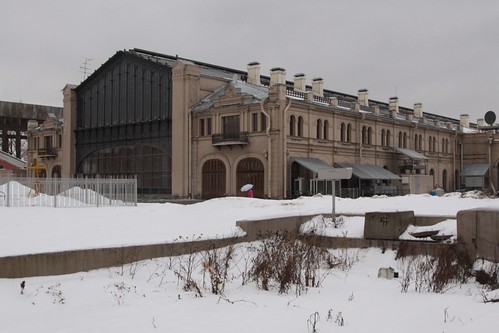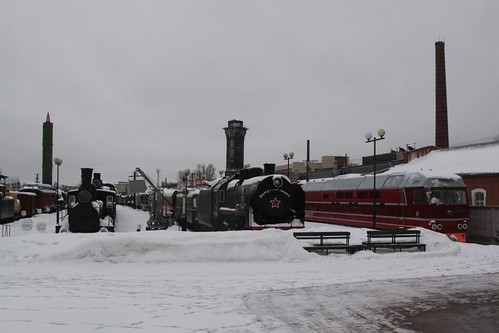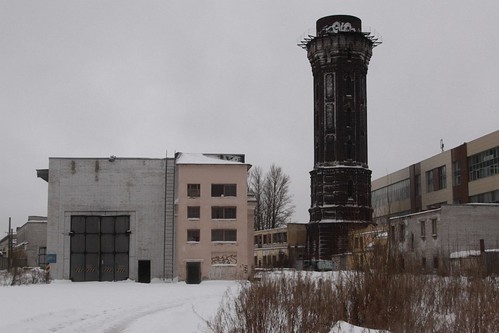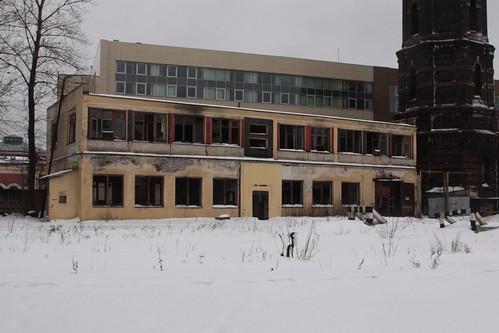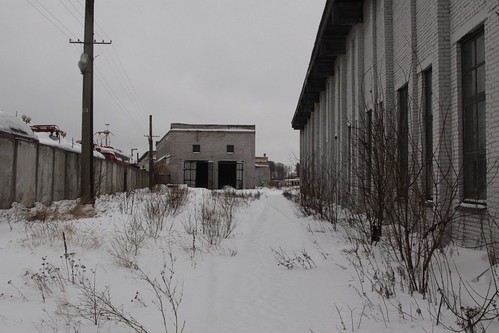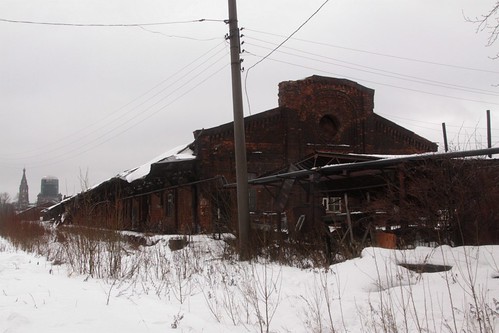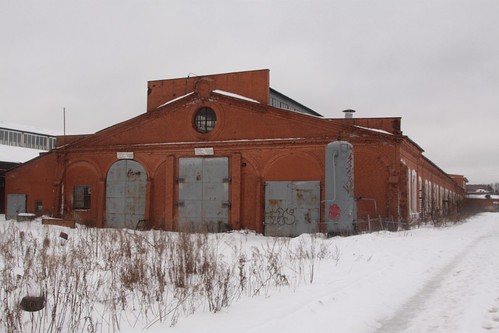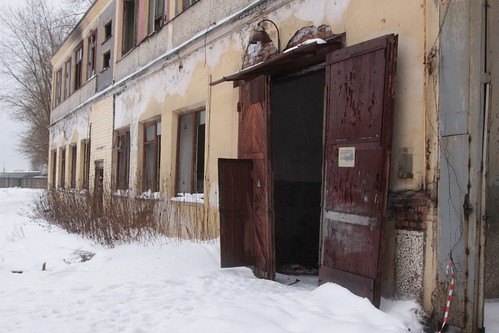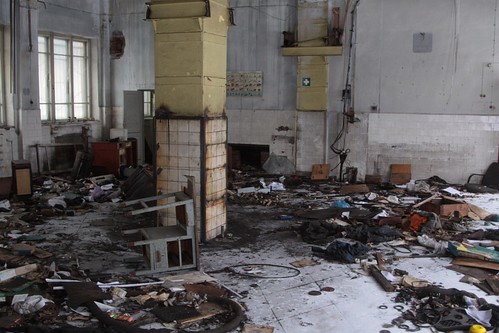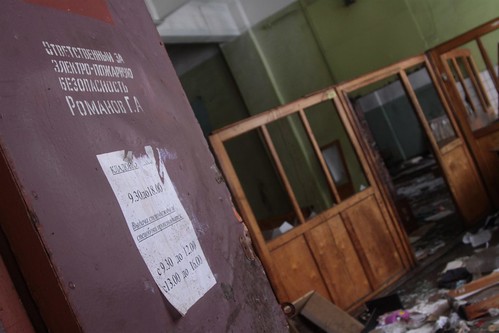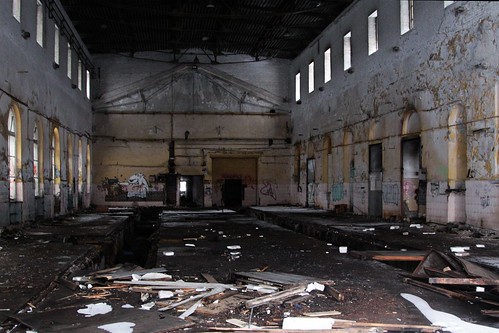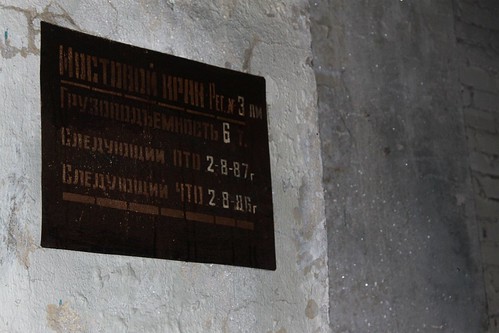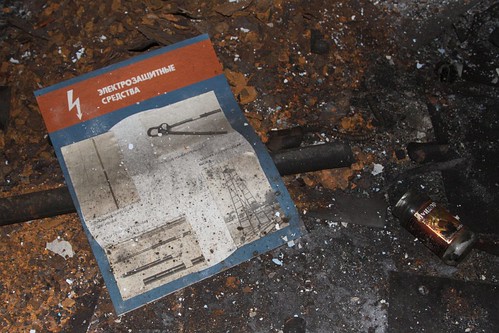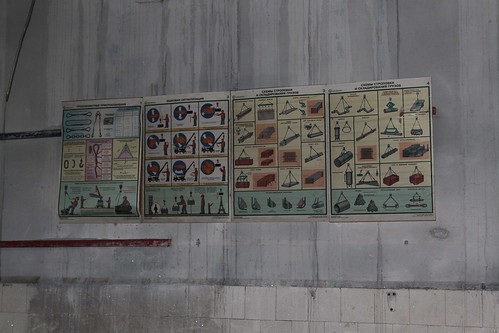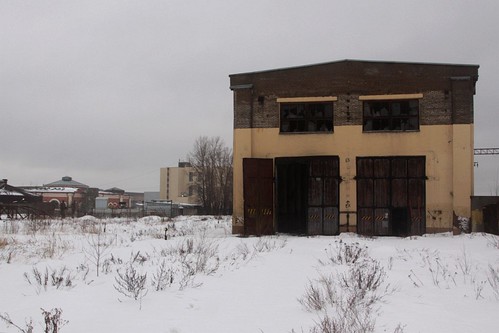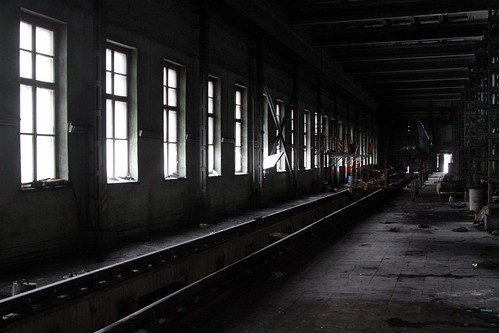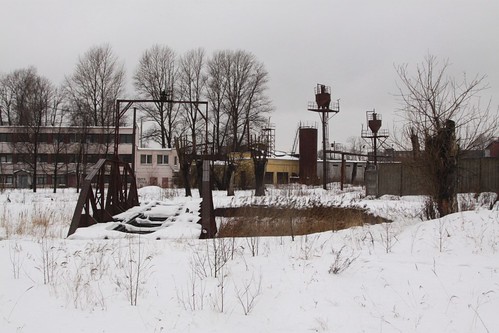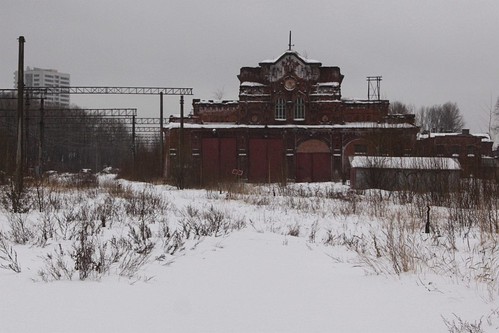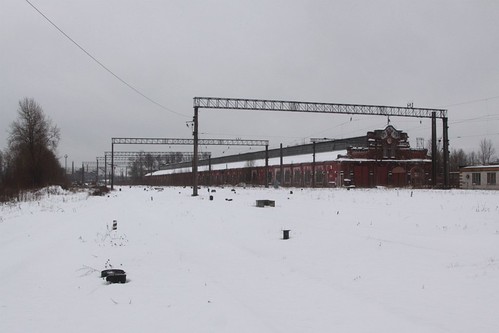During my stay in Saint Petersburg, I tried to visit the collection of Russian trains at the Oktyabrskaya Railway Museum, but it was closed for the New Year holiday. However my venture to the outskirts of the city was not in vain, as the unguarded remains of Varshavsky vokzal (Varshavsky station) was still there to explore.
The first railway station on the site was built in 1851, as the city terminus of the line to the Tsar’s residence in Gatchina. The building currently found on the site was built between 1857 and 1860, and by 1862 the railway had been extended as far west as Warsaw, which led to the station’s alternate name – Warsaw station.
In 2001 Varshavsky station closed to passengers, with long distance trains being moved to the more centrally located Vitebsky railway station, while commuter services were moved next door to Baltiysky station. As for the train shed and station building, they were converted into the Warsaw Express shopping centre, which opened in 2005.
Some of the open air platforms were turned over to the Oktyabrskaya Railway Museum.
However others have been left abandoned.
Looming overhead was a tall brick water tower, which was erected in the late-19th century.
Apparently the view from the top is something to see, provided you are game enough to climb the rickety wooden staircase, according to the local railfan that my girlfriend bumped into while I was busy taking photos!
With my other half concerned about me cracking my head open, I stuck to exploring things back at ground level.
However the deep drifts of snow made walking around difficult.
As did the railway lines hidden beneath.
I found a decrepit looking goods warehouse alongside the tracks.
Some buildings were locked up tight.
Others were not.
With the door already open, there was nothing to stop me wandering inside to take a look.
A mix of paperwork and rubbish littered the abandoned offices.
There were also a number of larger workshops – spartan brick boxes built to service diesel locomotives.
Anything of value had been stripped out already.
With only a few pieces of signage hanging on the walls.
Along with discarded safety flyers.
And load lifting instructions.
I lost track of the number of locomotive sheds that I explored.
Inside they all seemed the same.
Though some were more well lit than others.
Towards the back of the station I found an abandoned turntable and locomotive servicing facility.
As well as an incredibly ornate looking freight shed.
It seemed to stretch on forever, and was located beside the track fan that connected the former station into the mainline railway.
The Wikimapia entry for the building says that it was erected in 1898, and was listed as a ‘Object of Cultural Heritage’ by the Committee on State Control, Use and Protection of Monuments of History and Culture of St. Petersburg (КГИОП) by order № 15 on February 20, 2001.
Footnote
A look at the current Google Maps imagery shows a very different Varshavsky station to the one I explored back in 2012, with only a handful of buildings still remaining.
I eventually found the answer on the website of Saint Petersburg’s ‘Living City’ preservationist group – the area was cleared for a high rise housing development in early 2013, but not before the arrest of 19 activists who had been fighting to protect the heritage listed buildings.
Further reading

